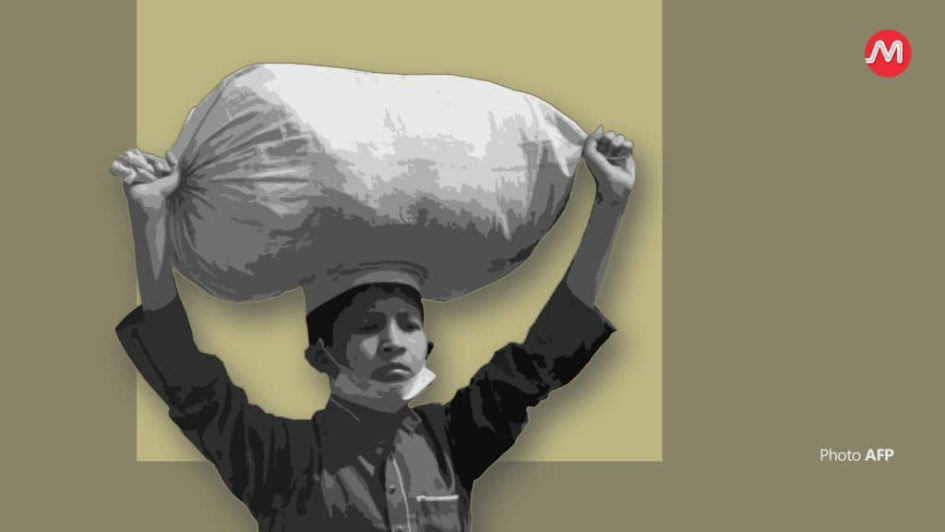In the battlefield
I am a survivor
On the sand
I am a traveller
alone,
surviving
painful heat.
On the sampan,
in the risky waves,
I am a traveller
surviving.
Under the rain,
I am a traveller
umbrella-less
surviving.
In the noise,
I am a traveller
feeling
alone
in the crowd,
searching
the deep breath
of
peace.
This poem was first published in James Byrne & Shehzar Doja (eds), 2019, ‘I am a Rohingya: Poetry from the camps and beyond’, Arc Publications.It is reproduced with the permission of the author, Maung Abdul Khan.
The Rohingya community has survived genocide in Myanmar. They also continue to face an onward
struggle to survive the debilitating socio-economic conditions of refugee and IDP camps, further
persecution and discrimination, and the risks associated with travelling in search of physical and
socio-economic security. They are vulnerable to trafficking for different forms of exploitation and to
human rights violations resulting from a lack of state protections. This paper considers the additional layers of vulnerability that arise from the discriminatory and arbitrary denial of citizenship in their home country, Myanmar, and denial of legal status in the countries to which they fled. Based on qualitative research in Myanmar, Bangladesh, India and Malaysia, the paper joins up the issues across different country contexts, revealing that each family’s search for peace and security often spans multiple countries and multiple
This paper finds that statelessness should not simply be viewed as a cause or consequence of trafficking. Rather it is an intersectional factor that compounds the risks of exploitation and other human rights abuses at the hands of both brokers and state authorities. This includes abduction, extortion, forced labour and other forms of labour exploitation, sexual exploitation,torture, death, arbitrary arrest, indefinite detention and refoulement. Further, the intergenerational nature of Rohingya displacement and statelessness creates barriers to securing durable solutions. The risks of further exploitation or trafficking are therefore sustained across lifetimes and across different generations. The research indicates that statelessness increases the likelihood of trafficking outcomes;compounds the negative impact of experiences of exploitation; and leaves victims exposed to continued risks and vulnerabilities to further trafficking.
This paper is divided into two parts. Part 1 outlines six issues that lie at the intersections of statelessness and trafficking experiences: persecution; socio-economic insecurities; lack of access to regular and safe migration; lack of legal protections and detention; lack of access to safe and decent work; andintergenerational statelessness.
Part 2 explores theexperiences of Rohingyas in different country contexts:Myanmar; Bangladesh; India; and Malaysia. The paper’s recommendations highlight the importance of ensuring that the specific vulnerabilities of stateless people are factored into anti-trafficking initiatives and international protection frameworks.

Leave a Reply